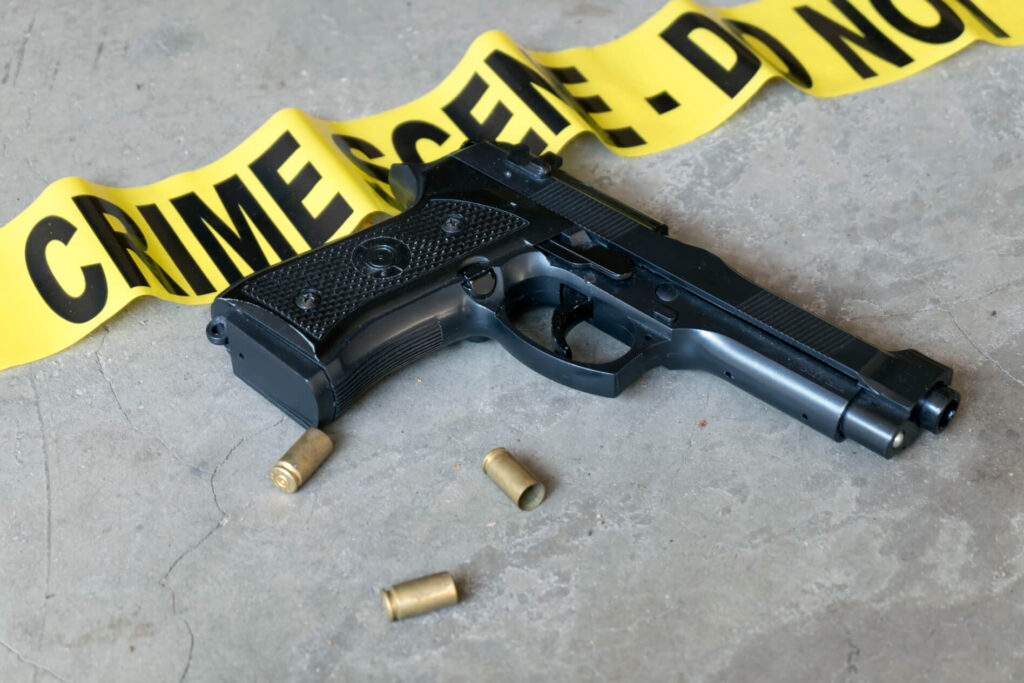What is a Crime Gun Intelligence Center (CGIC)?
CGICs are an interagency collaboration focused on the immediate collection, management, and analysis of crime gun evidence, such as shell casings, in real time, in an effort to identify shooters, disrupt criminal activity, and to prevent future violence. CGICs rely on an ongoing collaboration between the ATF, local police department, the local crime laboratory, probation and parole, local police gang units, prosecuting attorneys, U.S. Attorney's Office, crime analysts, community groups, and academic organizations.
The primary outcome of a CGIC is the identification of armed violent offenders for investigation and prosecution. Other outcomes include the identification of crime gun sources, efficient resource allocation, providing decision makers with the most accurate crime data available, and increasing case closure rates, public safety, and the prevention of violent crime committed with firearms.
This program is based on the ATF Governing Board's CGIC best practices, coupled with proactive law enforcement practices that provide timely ballistics and other relevant real-time investigative leads in an effort to identify shooters, particularly those worthy of state and/or federal prosecution. Paired with effective evidenced-based interventions such as Focused Deterrence and Hotspot Policing, these initiatives aim to decrease the incidences of gun crime; improve gun crime investigation, clearance rates, and prosecutorial outcomes; and increase public trust and confidence in law enforcement through effective community engagement.
Hover over a marker to view details. Click on the marker to visit the agency's website.
- Police Department
- Sheriff's Office
- Prosecutor's Office
- Laboratory
- Expansion Grant Sites
Participating Cities
Crime Gun Intelligence Center Initiative - The evolution of NIBIN and CGIC as an investigative tool to target gun crimes by using real-time forensic ballistic information to connect gunshot incidents.
To launch this initiative, BJA has awarded grant funding to 57 sites that proposed to replicate the ATF Governing Board's CGIC best practices in their jurisdictions. The cities, selected with input and coordination from the ATF, are:
Recent CGIC & Investigative Resources
Direct Support
In collaboration with BJA, the National Policing Institute and its partners will provide the replication sites and other selected agencies with proactive and on-demand direct support, including practical guides and checklists, technical briefings and training, and quick reaction assessments as warranted. This support is available from law enforcement, investigative and prosecution experts, forensics experts, technologists, and academic experts who can share unique insights into effective and efficient processes and approaches to prevent and reduce violent crime committed with firearms.
To request direct support, training, or other resources through this initiative, agency POCs should send an email to TTA@policinginstitute.org.




